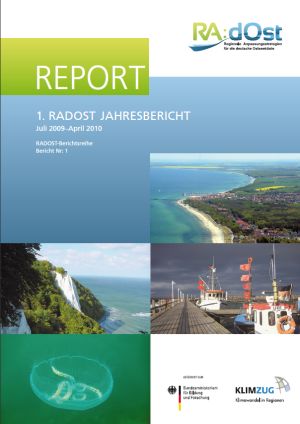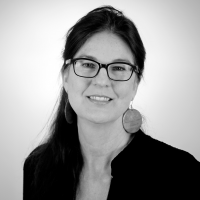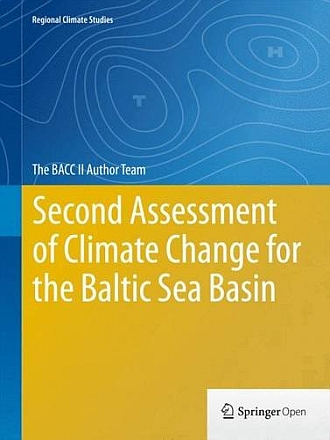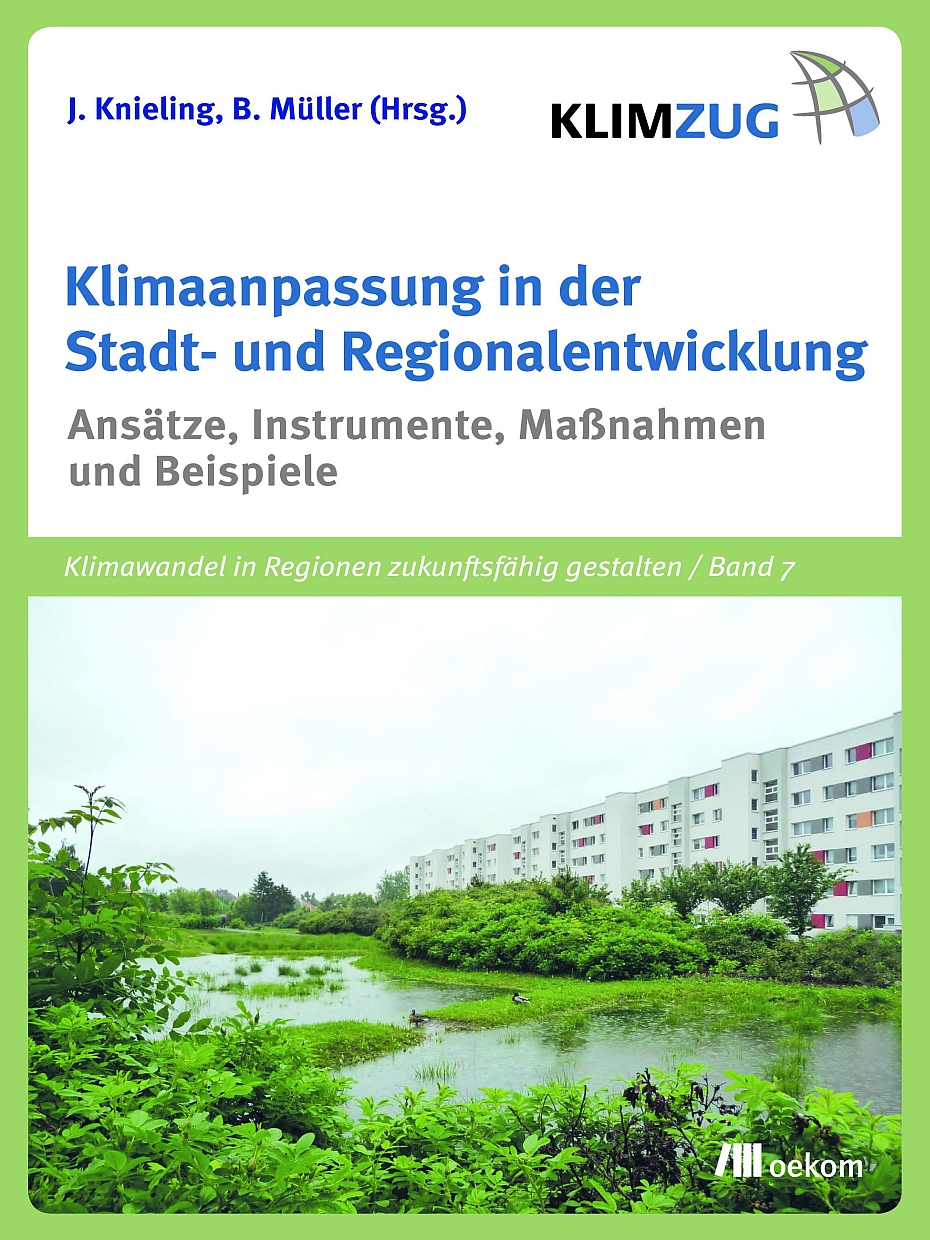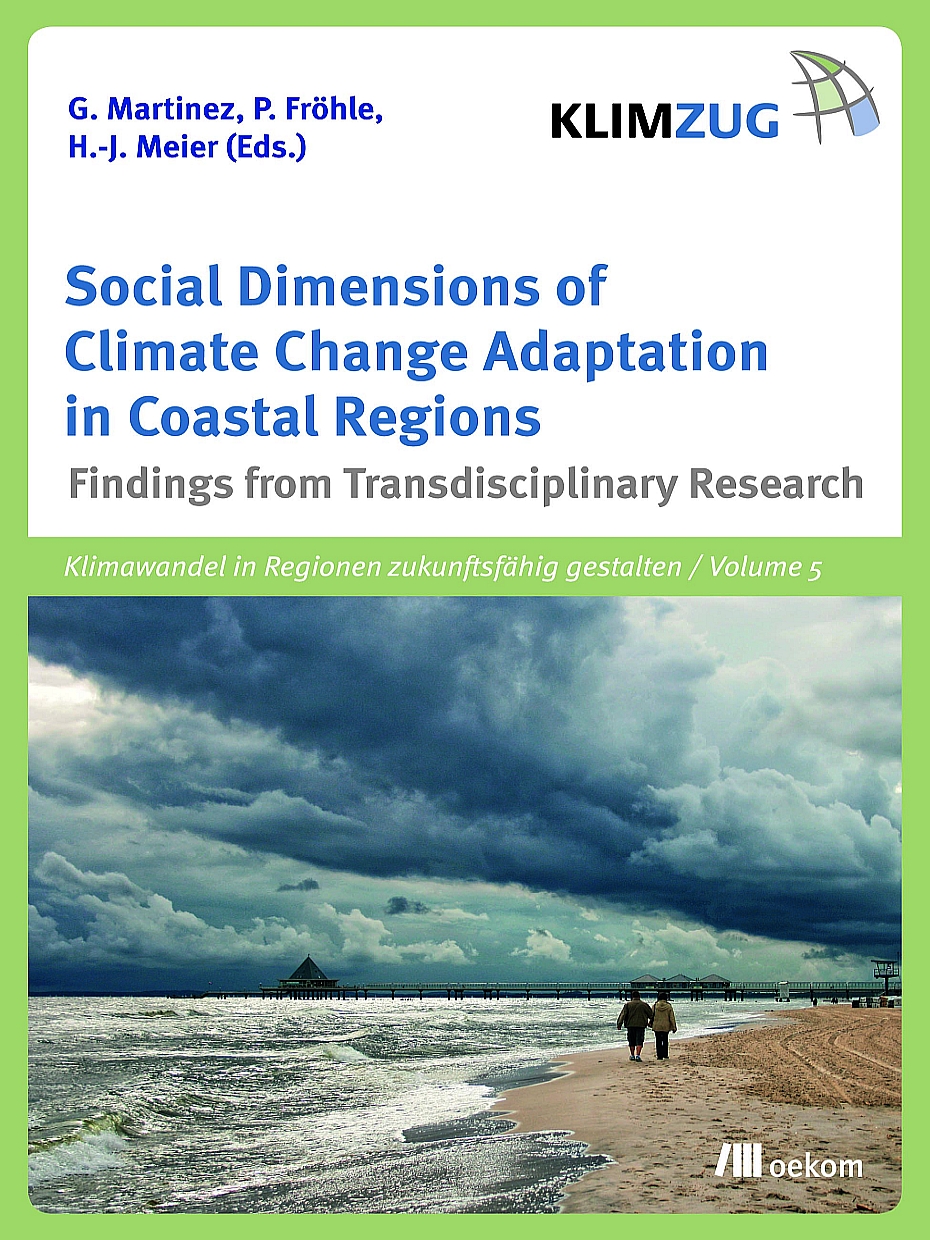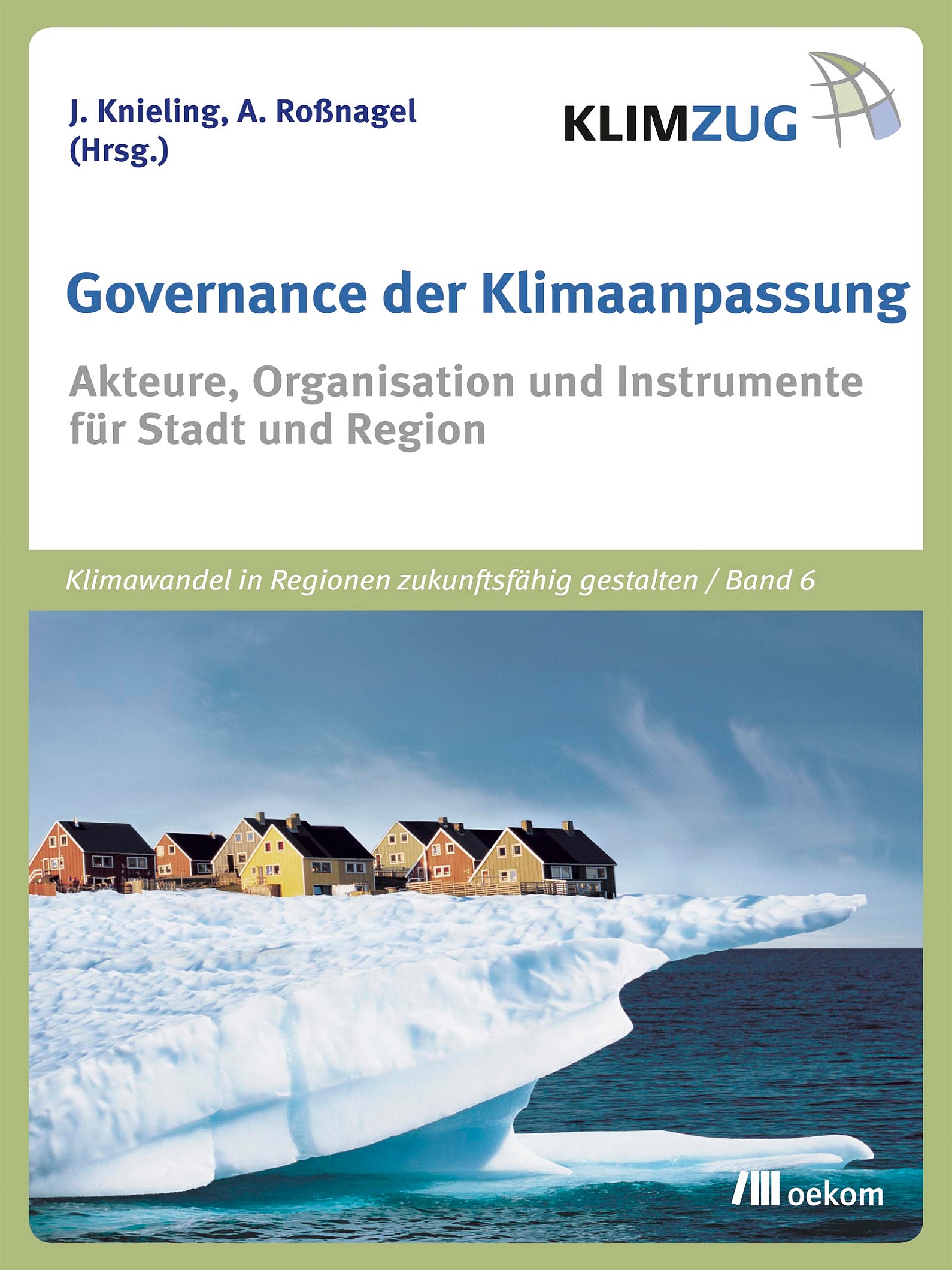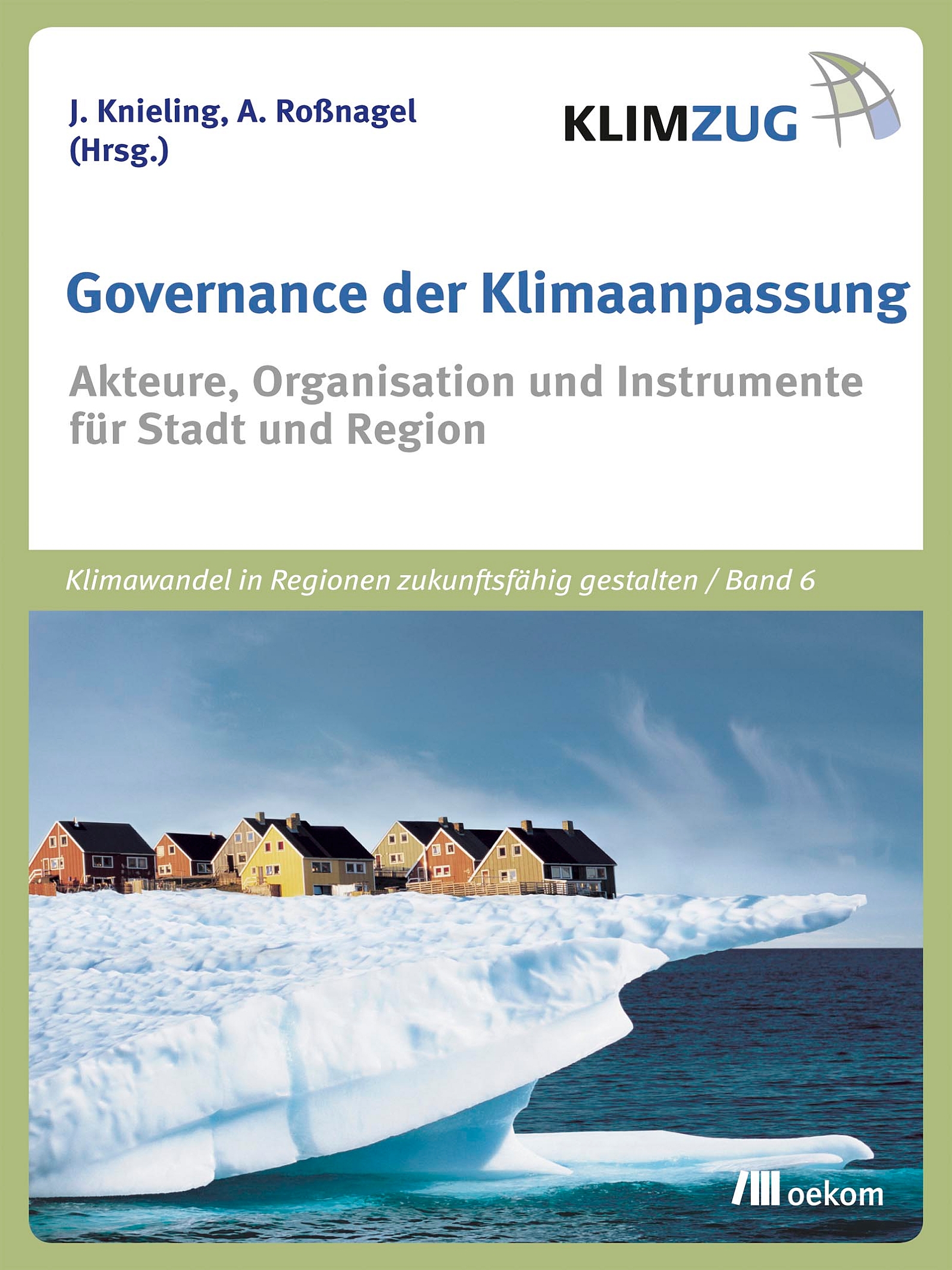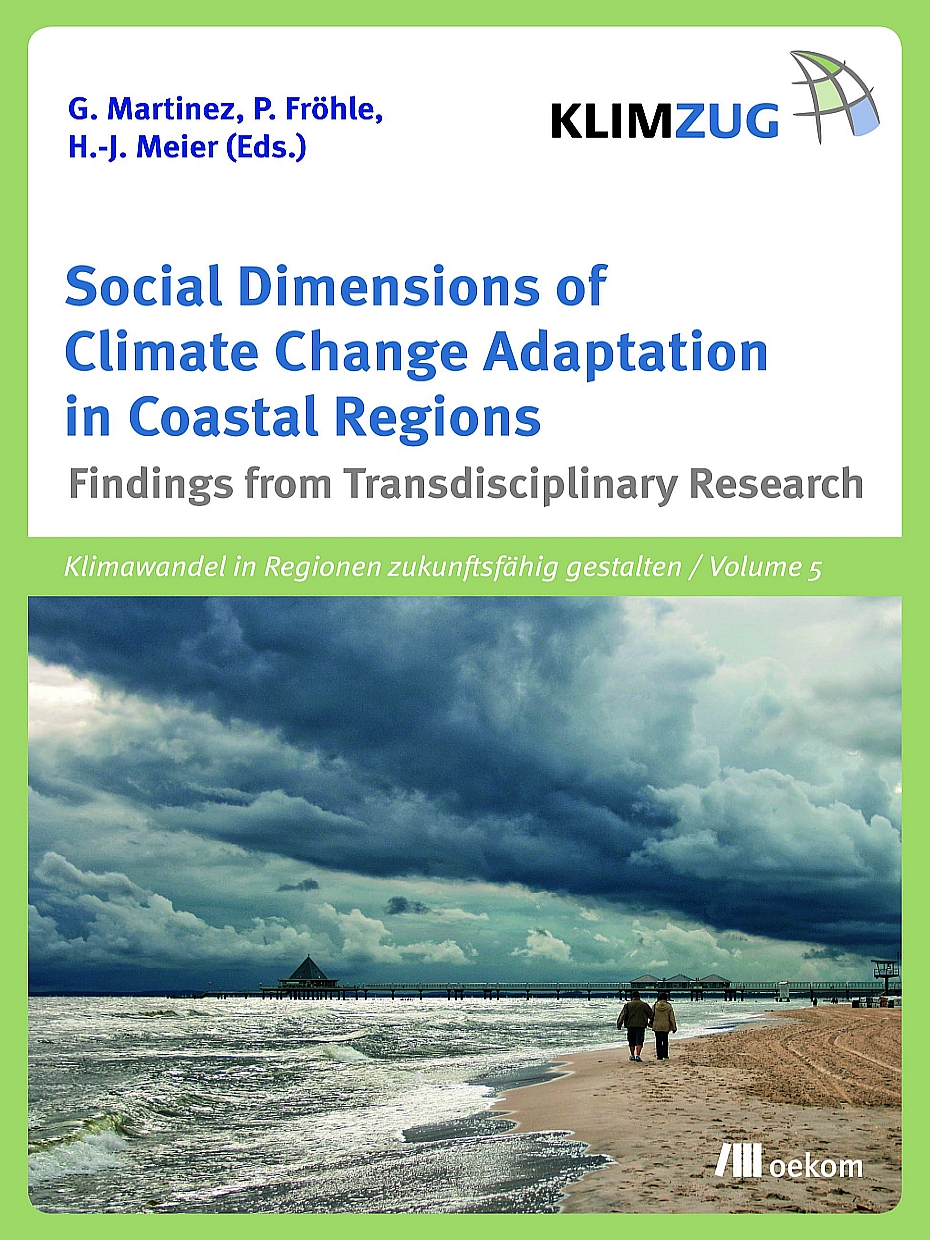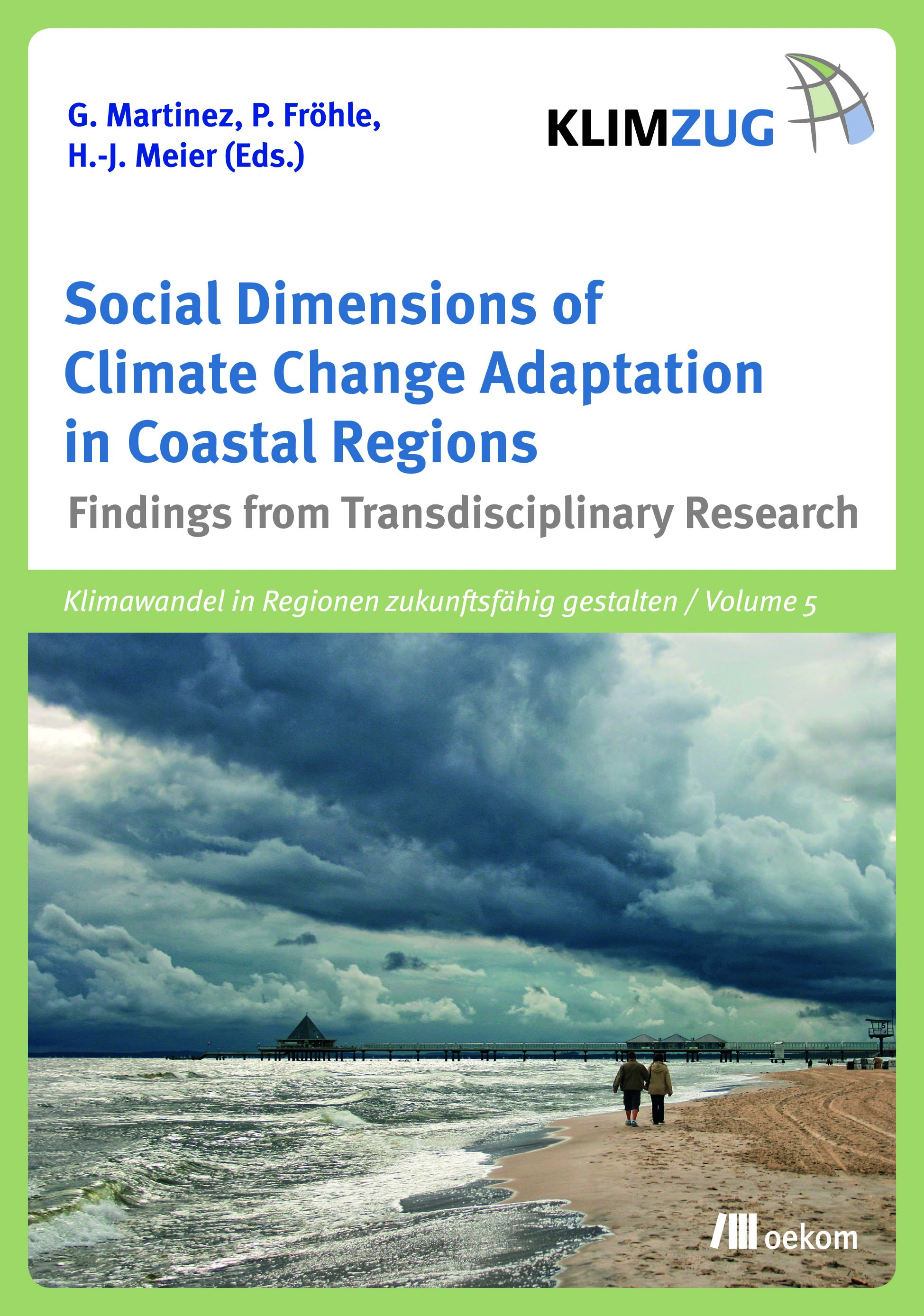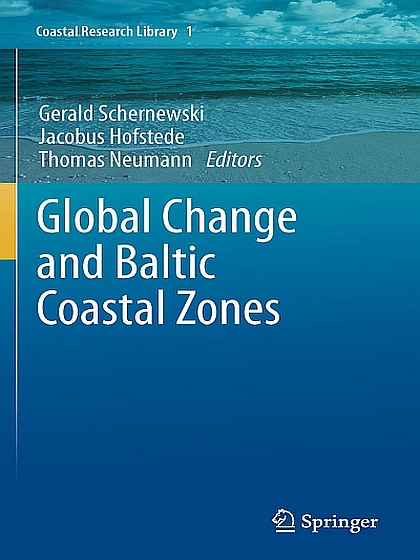1. RADOST Jahresbericht
- Publication
- Citation
RADOST-Verbund 2011: 1. RADOST-Jahresbericht. Ecologic Institut (Hrsg.), Berlin. RADOST-Berichtsreihe, Bericht No 1.
Longer and warmer summers on the German Baltic Sea coast: this is a possible implication of climate change that could certainly also serve as an opportunity for the tourism sector. At the same time however, negative impacts such as increased algae growth are also expected. Communities and stakeholders in the coastal region will have to adapt to these impacts in the near future. In the first RADOST annual report, the RADOST project partners present both impacts and possible adaptation strategies in the fields of coastal protection, tourism, water management and agriculture, ports and marine economy, renewable energy and conservation and land use. The survey is available for download (in German only).
With a core team of 17 partners consisting of research institutions, engineering companies, public authorities and nongovernmental organisations, RADOST carries out research in the natural and engineering sciences on regional impacts of climate change in the inner and outer coastal waters of the German Baltic Sea. It also addresses the impacts of climate change on the region’s economy with a socioeconomic analysis. The results are continually provided to local stakeholders on the German Baltic Sea coast. Moreover, a more comprehensive, wider network of partners is involved in the exchange of information and in the implementation of projects via RADOST.
The report describes activities of RADOST in the project’s five modules "network and dialogue", "natural and engineering sciences", "socioeconomic analysis", "national and European political framework/ national and international exchange" and "communication and distribution of results" and covers the period from July 2009 to April 2010. Selected implementation projects are illustrated.
The report [pdf, 6.9 MB, German] is addressed to stakeholders in public authorities, economy, research and non-governmental organisations from Schleswig-Holstein and Mecklenburg-Western Pomerania as well as to the public in general. It is the first publication of the RADOST journal series.
As project coordinator, Ecologic Institute leads RADOST (Regional Adaptation Strategies in the German Baltic Sea coast), which is funded for five years by the German Ministry for Education and Research (BMBF) within the ministry's initiative KLIMZUG ("Regions adapt to climate change").
